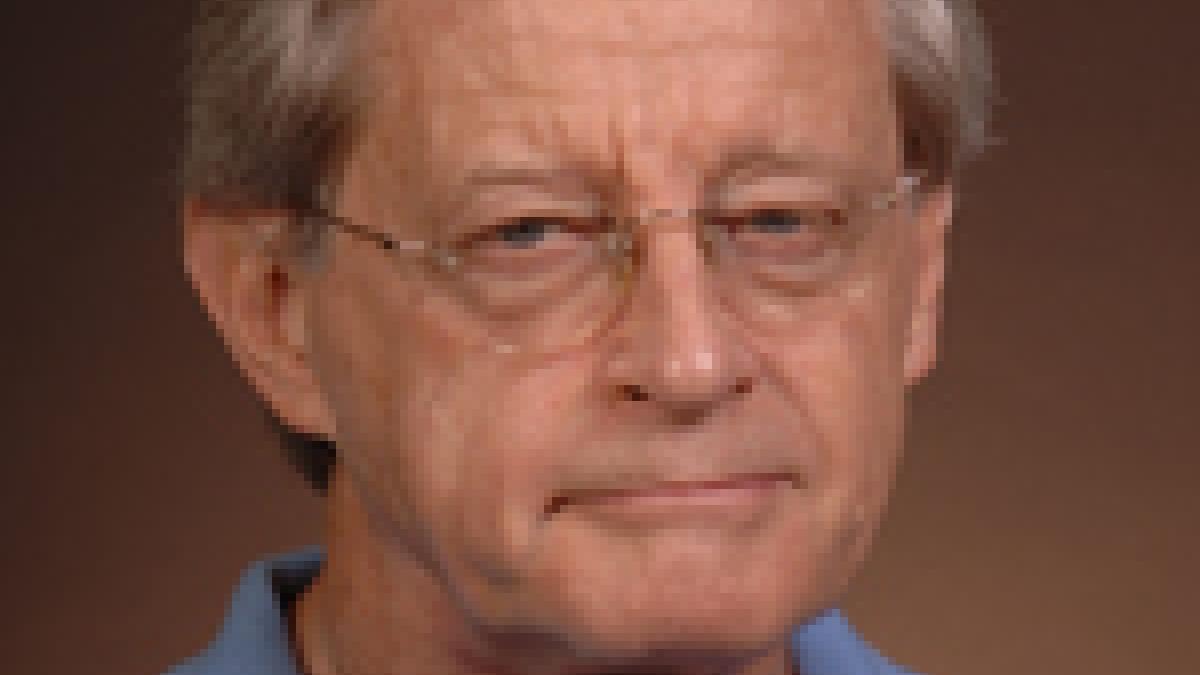Bartels wins case before US Supreme Court

Robert D. Bartels, Charles M. Brewer Professor of Trial Advocacy at the Sandra Day O’Connor College of Law at ASU, recently won a case before the U.S. Supreme Court regarding whether criminal defendants ever have the right to the effective assistance of counsel in collateral state post-conviction proceedings. Bartels took the case after the defendant applied to the Arizona Justice Project, an independent organization housed at the College of Law, that uses student volunteers to help inmates overturn wrongful convictions.
Bartels said that the case, Martinez v. Ryan, made it all the way through the court system without a judge voting in favor of Luis Mariano Martinez until it reached the Supreme Court.
The Supreme Court ruled on narrow “equitable” grounds that even though Martinez failed to claim in his first state post-conviction proceed that his trial counsel was ineffective, that claim would not be “procedurally defaulted” in his federal habeas corpus case, if he could show that his first post-conviction counsel was ineffective.
However, the Court decided not to rule on whether or not there is a constitutional right to effective post-conviction counsel with respect to claims of ineffective trial counsel. There may be a time when the Court will have to rule on that issue, Bartels said.
Bartels said that the 9th U.S. Circuit Court of Appeals will now decide whether to rule on Martinez’ ineffective-assistance claims or send them back to the District Court.
This was Bartels’ fifth time arguing before the Supreme Court. His last appearance was 29 years ago, he said, and none of the Justices seated then are still on the Court.
Bartels said he prepared by trying to anticipate what questions would be asked and outlining his answers. He also participated in practice moot court sessions beforehand.
Bartels said that, for 40 years, he has been telling his students that arguing before the Supreme Court is highly overrated.
“Litigating a case in the Supreme Court is nowhere near as difficult as litigating a case in a trial court,” Bartels said.
Bartels has litigated more than 300 civil and criminal cases in various state and federal courts. Professor Bartels has been an assistant and special assistant U.S. attorney, and he handles criminal cases for the Arizona Justice Project.